Back in July, we started a series called “3 Things I’ve Learned During COVID-19.” The goal is to share what physicians and healthcare administrators have learned during this season of life.
Here are a few of the recent guests and what they have learned:
Jordan Powell, President and CEO of the Illinois Primary Care Health Association
1. We were right. For years, we have been arguing that there has been a significant lack of investment in our country’s underserved and minority communities. Disproportionately high COVID-19 infection and fatality rates experienced by Latinos and African Americans are proof of the dire consequences of existing health disparities.
2. Community health centers are the backbones of their communities. In response to COVID-19, health centers transformed their practice almost overnight, transitioning to telehealth and setting up drive-thru, walk-up, and mobile testing stations. This was no surprise as CHC has served for decades as high-quality, trusted sources of care for underserved communities throughout the country.
3. Current payment systems and payers lack the flexibility to allow for timely, innovative care delivery, making the need for a shift to value-based payment methodologies more critical than ever.
Sarah Summers, an FNP at Memorial Medical Center in Las Cruces, NM
1. Uncertainty and vulnerability can make individuals look to answers and explanations where they previously would have never wondered.
2. Others look up to those in healthcare for not only answers but the reassurance that we will always do the right thing 100% of the time.
Covid-19 was as novel of a virus to many in healthcare as it was to the public and the learning curve has been a steep one. Mistakes will happen, the lesson is what you learn to prevent making the same mistake twice.
3. Healthcare providers (MDs, NPs, PA’s, RNs, etc.) have no magic superpowers that exempt us from fearing the unknown and understanding the reality and heartbreak COVID-19 has inflicted on the lives of so many.
Christopher Ray, Professor and Dean of Health Sciences at Texas Woman’s University
1. We are more adaptable than we thought. Healthcare providers and educators pivoted almost overnight to meet public health needs. Never losing sight of their mission and values, they provided routine and specialized care virtually.
2. The quality of our infrastructure is directly linked to economic stability. The ability to provide quality healthcare, maintain public safety, and generate public health awareness must be maintained after the pandemic. This is the time to invest in improving infrastructure, both systemic and technological.
3. Health Science programs at higher education institutions must engage more broadly and be a fundamental aspect of community health solutions. And, this is especially true in increasing our capacity to serve underrepresented and rural populations. These partnerships will yield greater scientific discovery, increase access to quality healthcare, and enhance the learning of future healthcare professionals.
Stay tuned as we will be sharing more insights from healthcare leaders like yourself. If you are interested in participating, please email Matt Davis at mdavis@adaptivemedicalpartners.com

